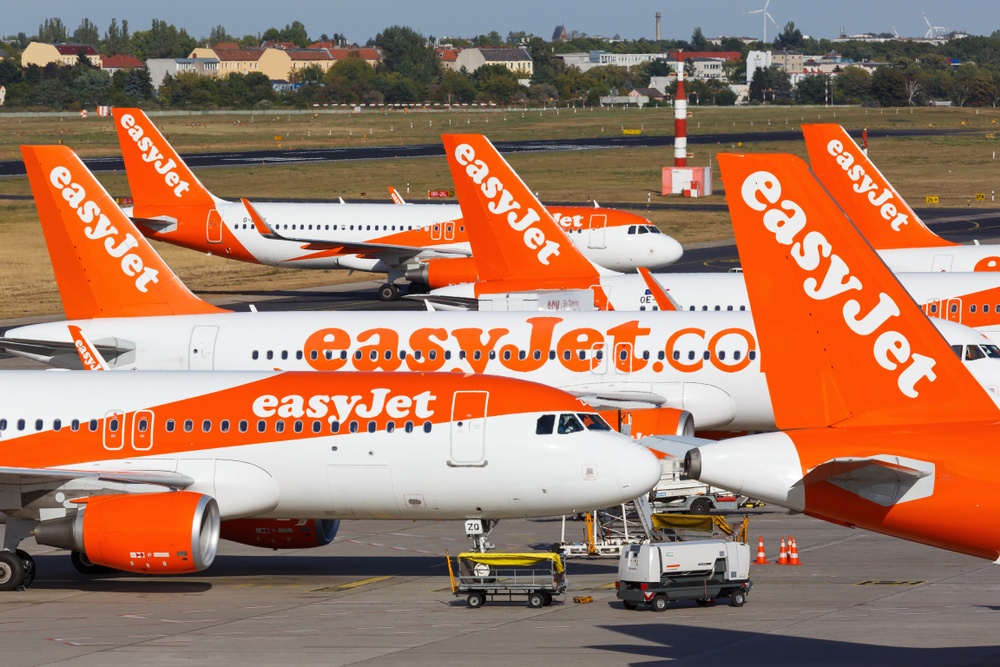It will consume 50% less fuel compared to traditional models.
Others are reading now
British airline EasyJet has joined forces with American startup Jet Zero to create integrated fuselage aircraft that promise to consume 50% less fuel compared to traditional models.
Cut Emmisions by 35%
These innovative planes, still in the experimental phase, are not expected to enter service until 2030, according to El Economista.
EasyJet CEO Johan Lundgren announced the collaboration during an event at Cranfield University in the UK, marking the second anniversary of the airline’s commitment to zero emissions.
The airline aims to cut its emissions by 35% by 2035 and 78% by 2050 through a combination of fleet renewal, operational improvements, and a shift toward less polluting fuels.
Also read
Jet Zero has gained backing from the U.S. Air Force, the Federal Aviation Administration, and NASA. Last month, it also struck a deal with Alaska Airlines. EasyJet describes the integrated fuselage aircraft from Jet Zero as a technological leap comparable to the introduction of turbine engines.
These planes not only optimize aerodynamic efficiency compared to conventional tube-and-wing designs but are also versatile enough to run on various energy sources, including sustainable aviation fuel (SAF) and hydrogen.
A Healthy Competition
EasyJet is keen on exploring alternative fuels and has partnered with Rolls-Royce to test a hydrogen-powered engine on the ground. The airline is also involved in Airbus’s ZEROe program, which aims to launch a commercial hydrogen model by 2035.
As part of this partnership, EasyJet will share its knowledge of hydrogen propulsion systems with Jet Zero and join a newly formed working group of 12 airline operators.
Lundgren noted that the airline industry is experiencing healthy competition, which is essential for ensuring that new aircraft are safe, affordable, and accessible to millions, not just the wealthy.
In tandem with these developments, EasyJet has analyzed the impact of airspace inefficiencies in Europe, finding that operational issues increase CO2 emissions by 10.62%, equating to over 663,710 tons annually. Reforming flight routes could potentially eliminate up to 18 million tons of CO2 from European skies each year.


